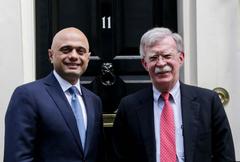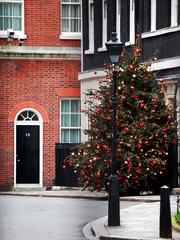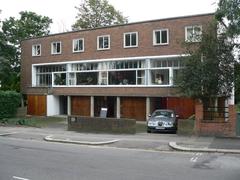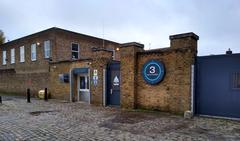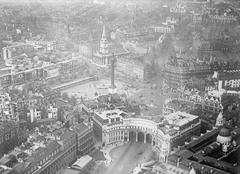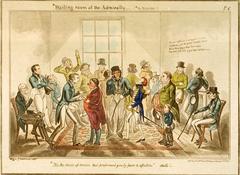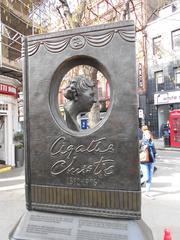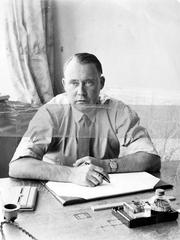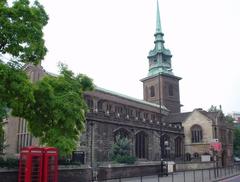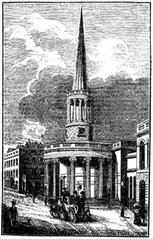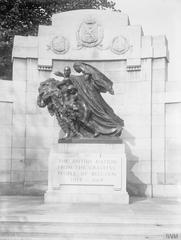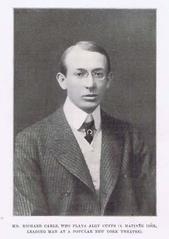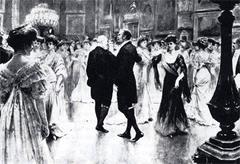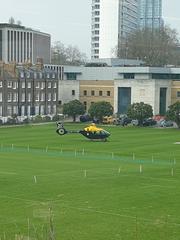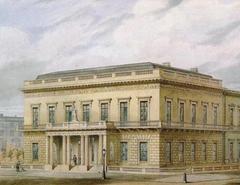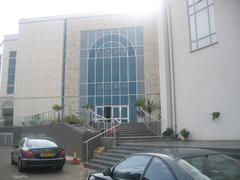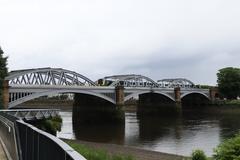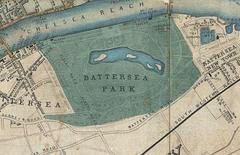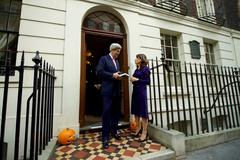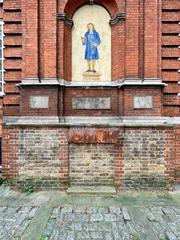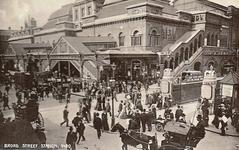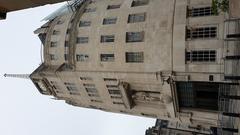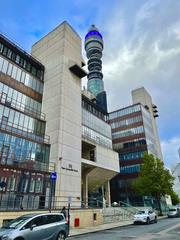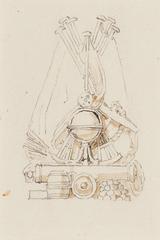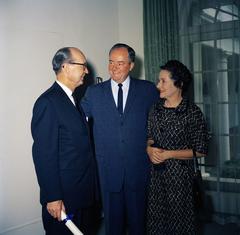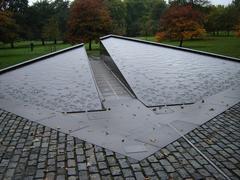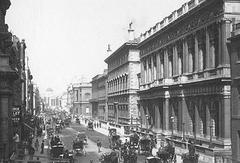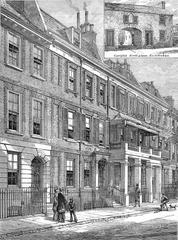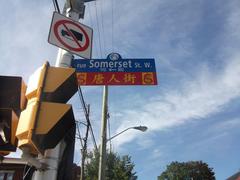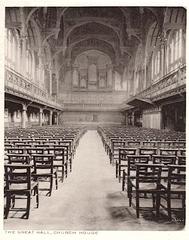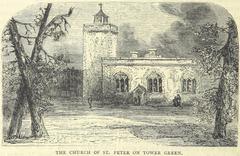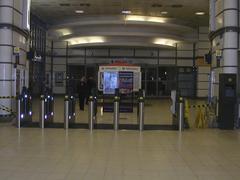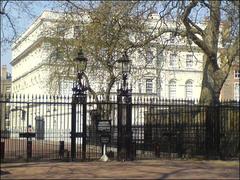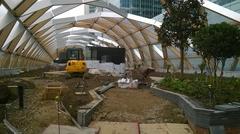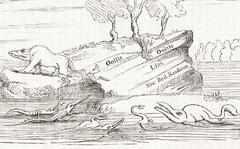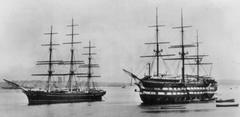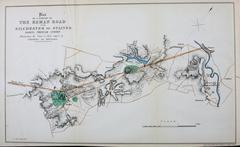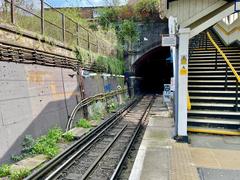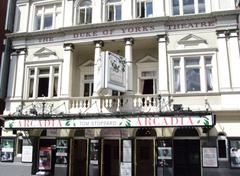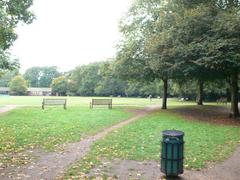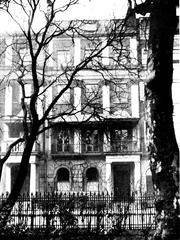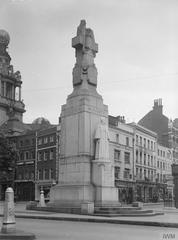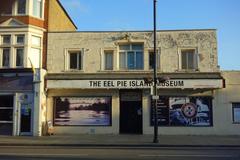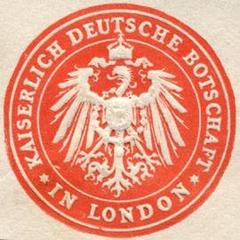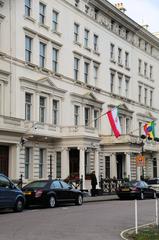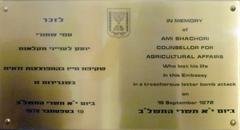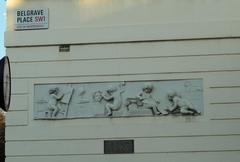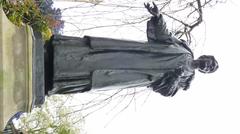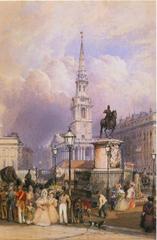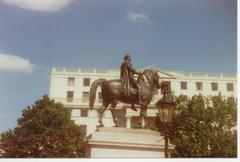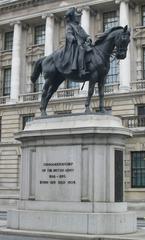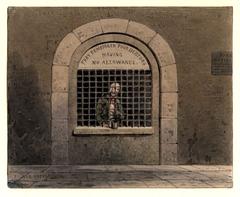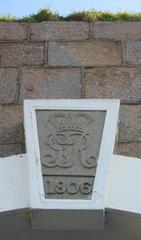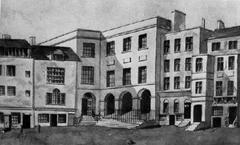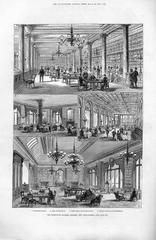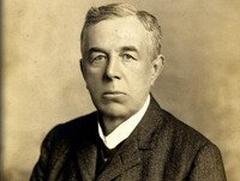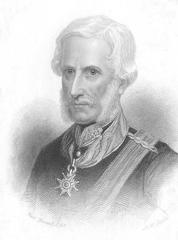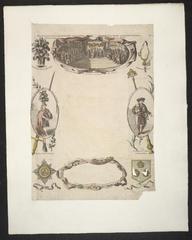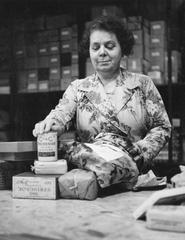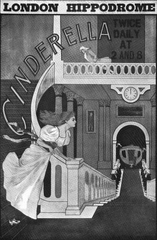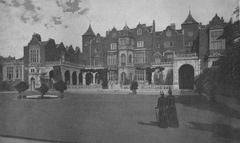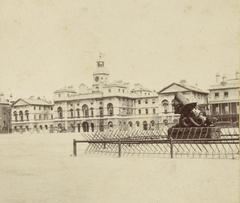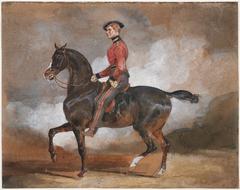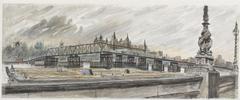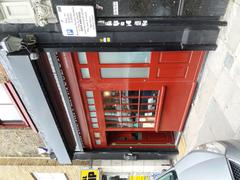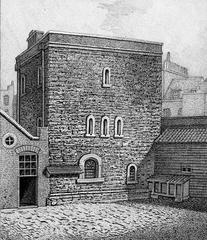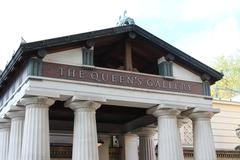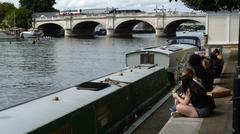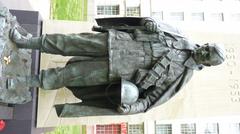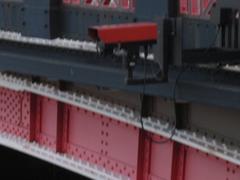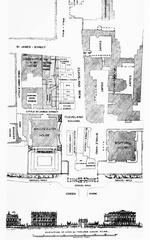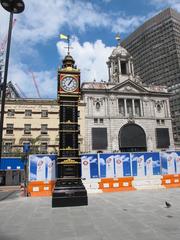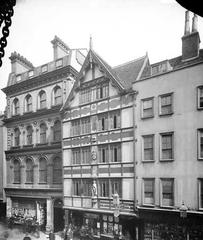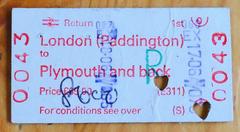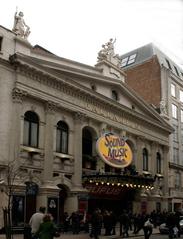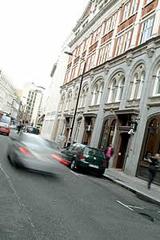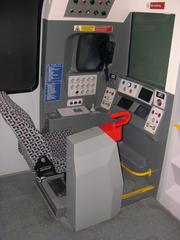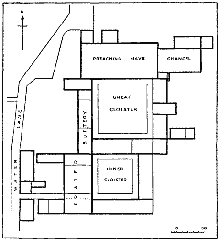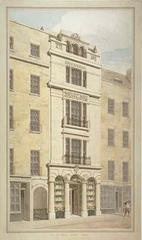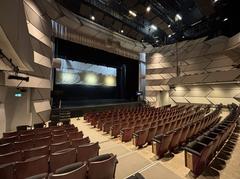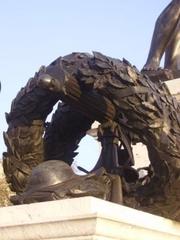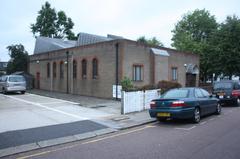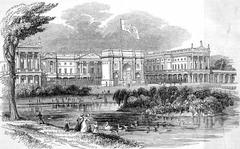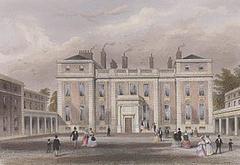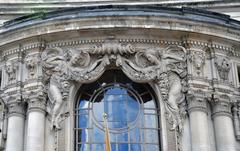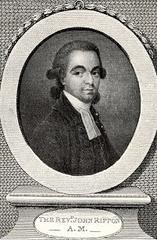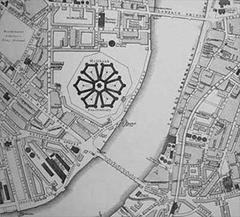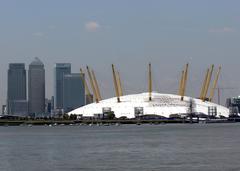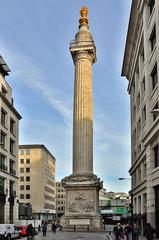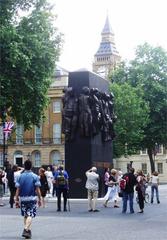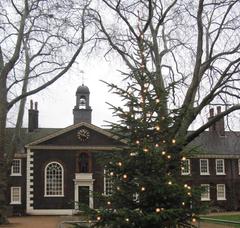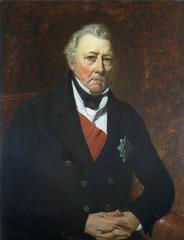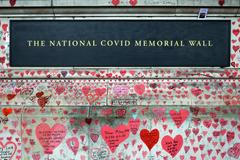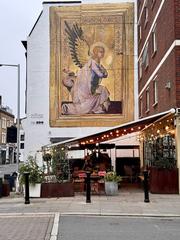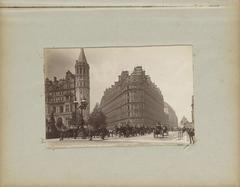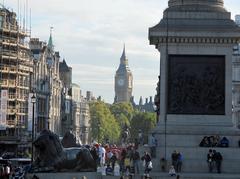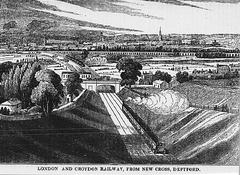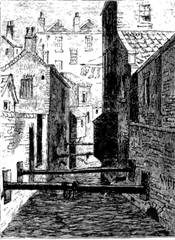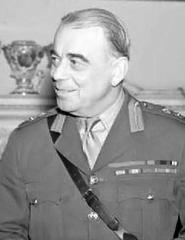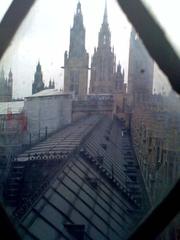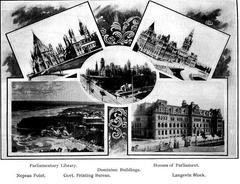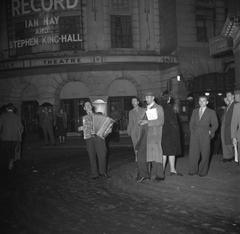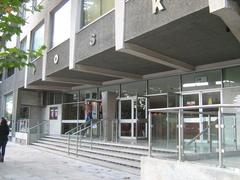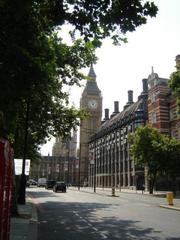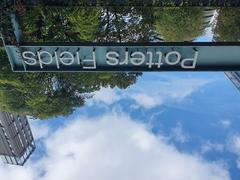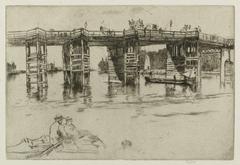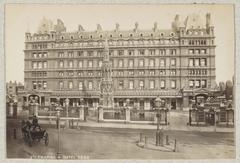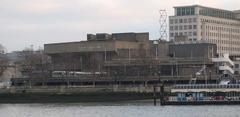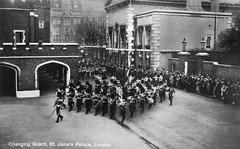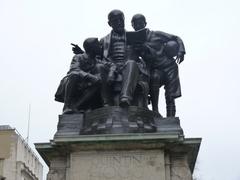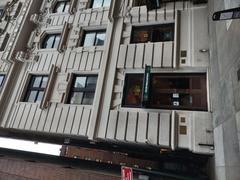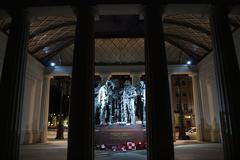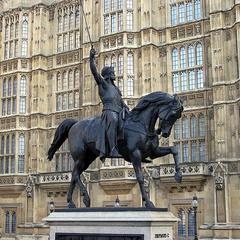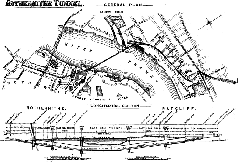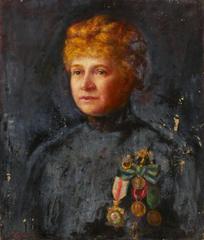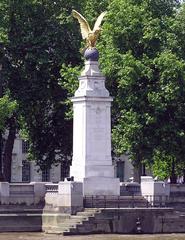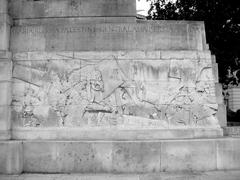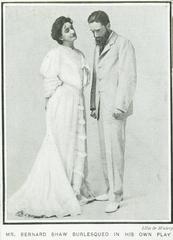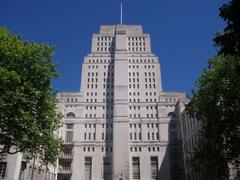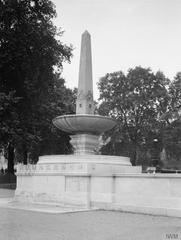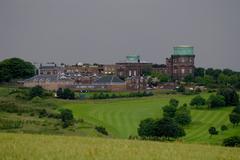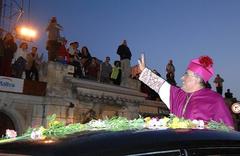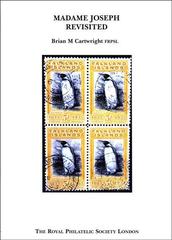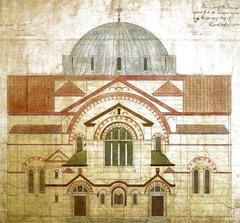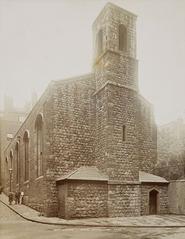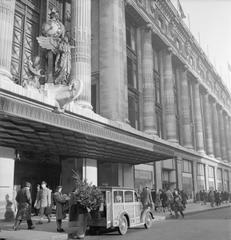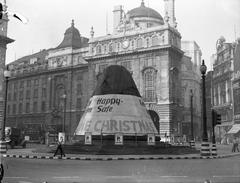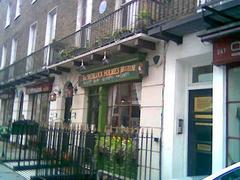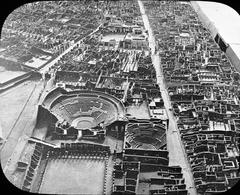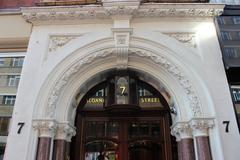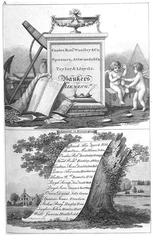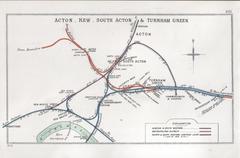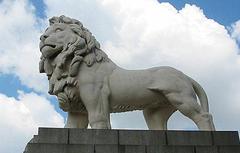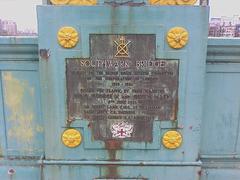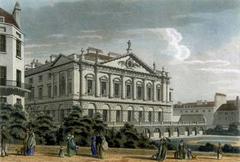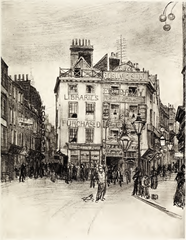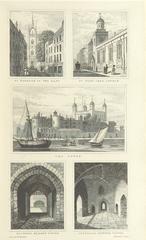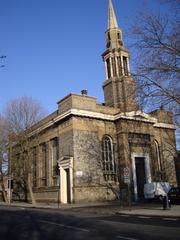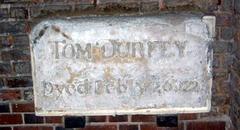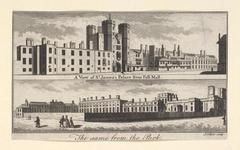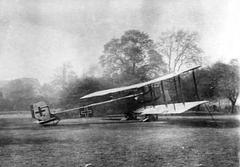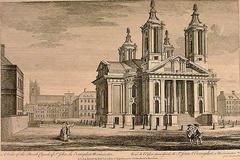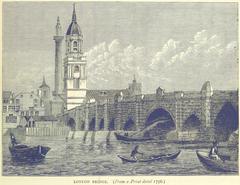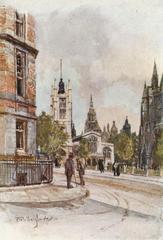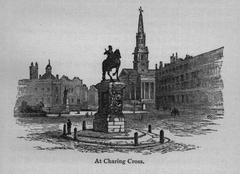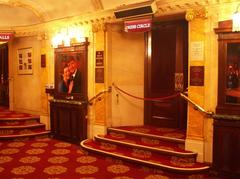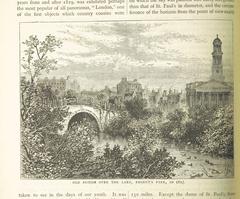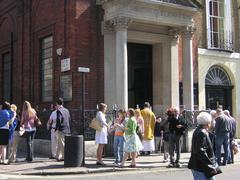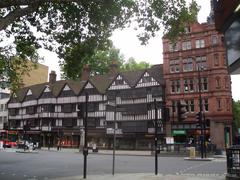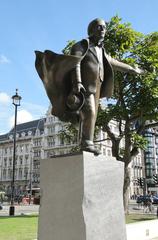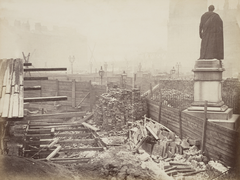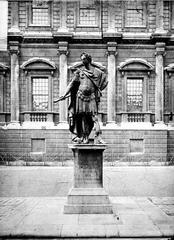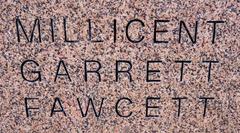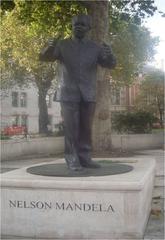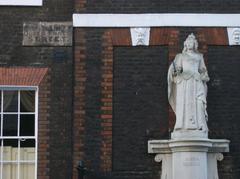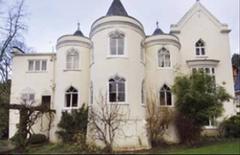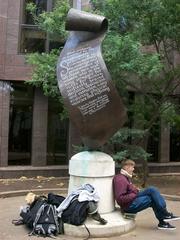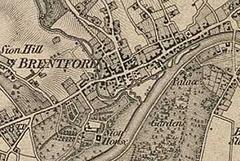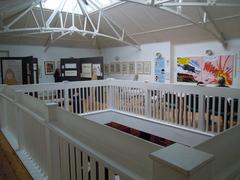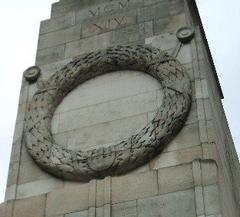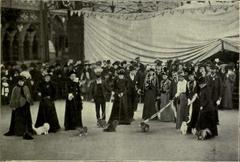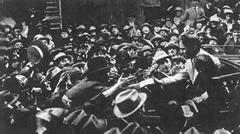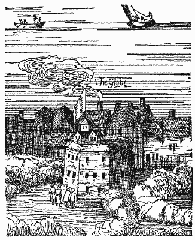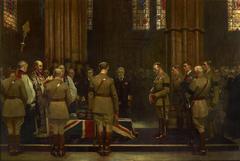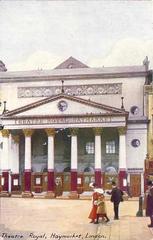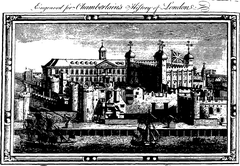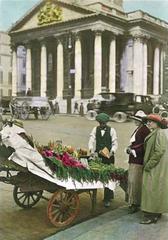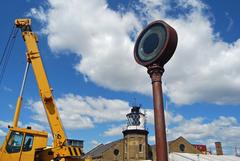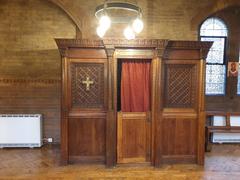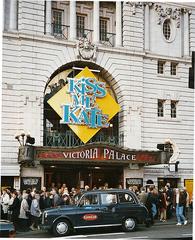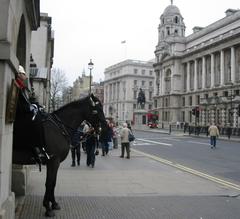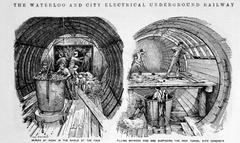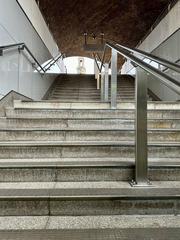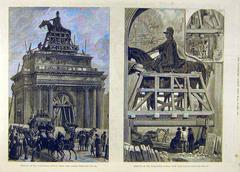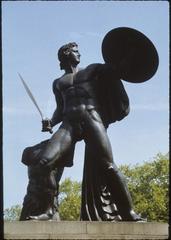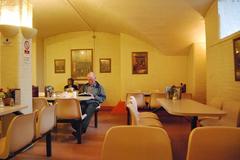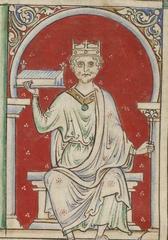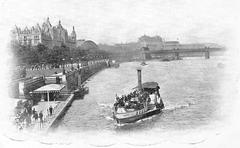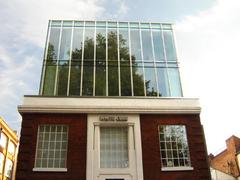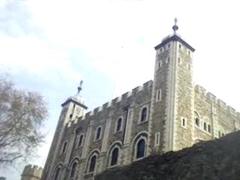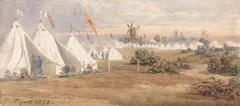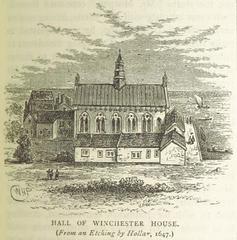Iraq and Afghanistan Memorial London: Visiting Hours, Tickets, and Travel Guide
Date: 03/07/2025
Introduction
Situated within the tranquil Victoria Embankment Gardens in central London, the Iraq and Afghanistan Memorial is a powerful tribute to the British military personnel and civilians who served in the Gulf, Iraq, and Afghanistan conflicts from 1990 to 2015. Unlike many war memorials, this monument honors not only combatants but also the many civilians—aid workers, healthcare professionals, and government officials—whose contributions profoundly shaped these campaigns. Designed by renowned British sculptor Paul Day and unveiled by Queen Elizabeth II in March 2017, the memorial stands as a symbol of collective duty, service, and sacrifice, marking the UK’s longest sustained overseas deployment since World War II (GOV.UK; Royal British Legion).
This comprehensive guide offers everything you need to plan a visit, from historical background and symbolism to practical details such as visiting hours, accessibility, and nearby attractions.
Table of Contents
- Introduction
- Origins and Purpose
- Historical Context
- Design and Symbolism
- Construction and Funding
- Visiting Information
- Frequently Asked Questions
- Key Facts and Figures
- Further Exploration
- Conclusion
- Sources
Origins and Purpose
Conceived in 2014 as UK combat operations in Afghanistan drew to a close, the Iraq and Afghanistan Memorial was established to recognize the intertwined contributions of British military and civilian personnel during a quarter-century of international engagement (GOV.UK). The initiative, led by Lord Stirrup, was supported by public fundraising and government backing. A key purpose was to foster a sense of unity and inclusiveness—honoring not only those who lost their lives but all who served, regardless of role or outcome (Royal British Legion).
Historical Context
The Gulf War (1990–1991)
The UK’s involvement began with Operation Granby to help liberate Kuwait after Iraq’s invasion, marking the start of 25 years of continuous engagement in the region (London Remembers).
The Iraq War (2003–2009)
As a core coalition partner, the UK participated in the invasion, stabilization, and reconstruction of Iraq. The campaign resulted in 179 UK military and 43 civilian deaths (BBC News).
The Afghanistan War (2001–2015)
Following the 9/11 attacks, the UK joined international efforts to dismantle al-Qaeda and remove the Taliban, with operations centered in Helmand Province. The campaign ended in 2015 and saw 456 UK military and 101 civilian deaths (London Remembers).
Humanitarian and Civilian Roles
Civilians played crucial roles in rebuilding infrastructure, healthcare, and governance, including initiatives that enabled millions of Afghan children to attend school (GOV.UK Brochure).
Design and Symbolism
Paul Day’s design features two imposing upright monoliths of Portland stone, representing Iraq and Afghanistan, with a large bronze medallion (tondo) suspended between them. The stones are inscribed with “Duty” and “Service,” and one side of each monolith is left rough-hewn, symbolizing the harsh landscapes of conflict (Military History Fandom; BBC News).
The bronze tondo, circular in shape to evoke unity and continuity, has reliefs on both sides: one depicts military personnel, the other civilian workers. The absence of individual names on the memorial is deliberate, inviting collective remembrance of all who served, whether military or civilian and regardless of outcome (Royal British Legion).
The site’s location—between the Ministry of Defence and the River Thames—places it among other significant memorials and government landmarks (Wikipedia).
Construction and Funding
The Portland stone was sourced from Dorset’s Jordans Basebed quarry. Each monolith comprises five massive blocks, dry-built around a stainless steel frame for stability, with the largest block weighing 7,000 kg. The bronze tondo was cast using traditional methods, requiring precision engineering for secure suspension (Military History Fandom).
The project was funded by a £1 million public appeal led by Lord Stirrup, drawing support from individuals and organizations such as The Sun on Sunday. The memorial was completed in 2016 and officially unveiled in March 2017 (Royal Logistic Corps).
Visiting Information
Location and Directions
Address: Victoria Embankment Gardens, Westminster, London SW1A 2JL
Nearest Underground Stations:
- Westminster (Jubilee, District, Circle lines) – ~5-minute walk
- Embankment (Bakerloo, Northern, District, Circle lines) – ~7-minute walk
- Charing Cross (Bakerloo, Northern lines, National Rail) – ~10-minute walk
Multiple bus routes and Santander Cycles docking stations are nearby.
Visiting Hours and Admission
The memorial is outdoors and accessible to the public year-round, 24 hours a day. There are no entry fees or tickets required (Westminster City Council).
Accessibility
Flat, paved paths ensure step-free access for wheelchairs and strollers. Curb cuts and nearby accessible public toilets at Embankment Gardens and Westminster Underground Station are available. Assistance dogs are welcome.
Nearby Attractions
- Ministry of Defence headquarters
- Royal Air Force Memorial
- Korean War Memorial
- The Cenotaph
- Churchill War Rooms
- Houses of Parliament
- Westminster Abbey
Special Events and Tours
The memorial is a focal point for Armed Forces Day, Remembrance Sunday, and private commemorations. While there are no official on-site guides, many London walking tours include the site. Visitors can check local event listings for details on ceremonies and guided walks (Exploring London).
Visitor Etiquette and Tips
- Maintain a respectful and quiet demeanor, particularly during commemorative events.
- Photography is permitted but should be discreet.
- Flowers and small tokens of remembrance may be left at the site.
- Do not climb on or damage the monument.
- Allow 20–30 minutes for a meaningful visit.
- Early mornings and late evenings offer a quieter experience.
Frequently Asked Questions
Q: What are the Iraq and Afghanistan Memorial visiting hours?
A: The memorial is accessible 24/7 as it is located in a public outdoor space.
Q: Is there an entrance fee or tickets?
A: No, the memorial is free to visit and does not require tickets.
Q: Is the memorial wheelchair accessible?
A: Yes, the site is step-free and accessible with paved paths.
Q: Are guided tours available?
A: Many walking tours of central London include the memorial, but there is no dedicated on-site staff.
Q: Can I leave flowers or tributes?
A: Yes, visitors can leave tributes, which are respectfully cleared by site authorities.
Q: Are there any facilities on-site?
A: There are no dedicated facilities, but public toilets and cafés are nearby.
Key Facts and Figures
- Conflicts commemorated: Gulf War (1990–1991), Iraq War (2003–2009), Afghanistan War (2001–2015)
- UK military deaths: 47 (Gulf War), 179 (Iraq War), 456 (Afghanistan War)
- UK civilian deaths: 43 (Iraq War), 101 (Afghanistan War)
- Date of unveiling: March 9, 2017
- Designer: Paul Day
- Distinctive features: Two Portland stone monoliths, bronze tondo, no individual names, themes of “Duty” and “Service”
Further Exploration
- For deeper context, visit nearby sites such as the Cenotaph, the Imperial War Museum, and the Korean War Memorial.
- Consider using the Audiala mobile app for self-guided audio tours around London’s historical sites.
- For personal reflections and analysis, see the Wavell Room.
Conclusion
The Iraq and Afghanistan Memorial stands as a dignified, inclusive space for remembrance and reflection, honoring the broad spectrum of service and sacrifice by the UK’s military and civilian communities. Its central location, thoughtful design, and year-round accessibility make it an essential destination for anyone interested in modern British history. Whether visiting solo, with family, or as part of a group, take time to appreciate the memorial’s symbolism and the stories it represents.
For the latest updates, special events, and guided experiences, visit the Westminster City Council website or download the Audiala app.
Sources
- GOV.UK – Iraq and Afghanistan Memorial: About
- GOV.UK News – Iraq and Afghanistan Memorial Unveiled
- Royal British Legion – The Iraq and Afghanistan Memorial
- Military History Fandom – Iraq and Afghanistan Memorial
- BBC News – Iraq and Afghanistan Memorial
- Royal Logistic Corps – Iraq and Afghanistan Memorial Unveiled
- Westminster City Council – Victoria Embankment Gardens
- Exploring London – Iraq and Afghanistan Memorial
- Wanderlog – Iraq and Afghanistan Memorial
- Imperial War Museums – Iraq and Afghanistan Memorial
- London Remembers – Afghan and Iraq Wars
